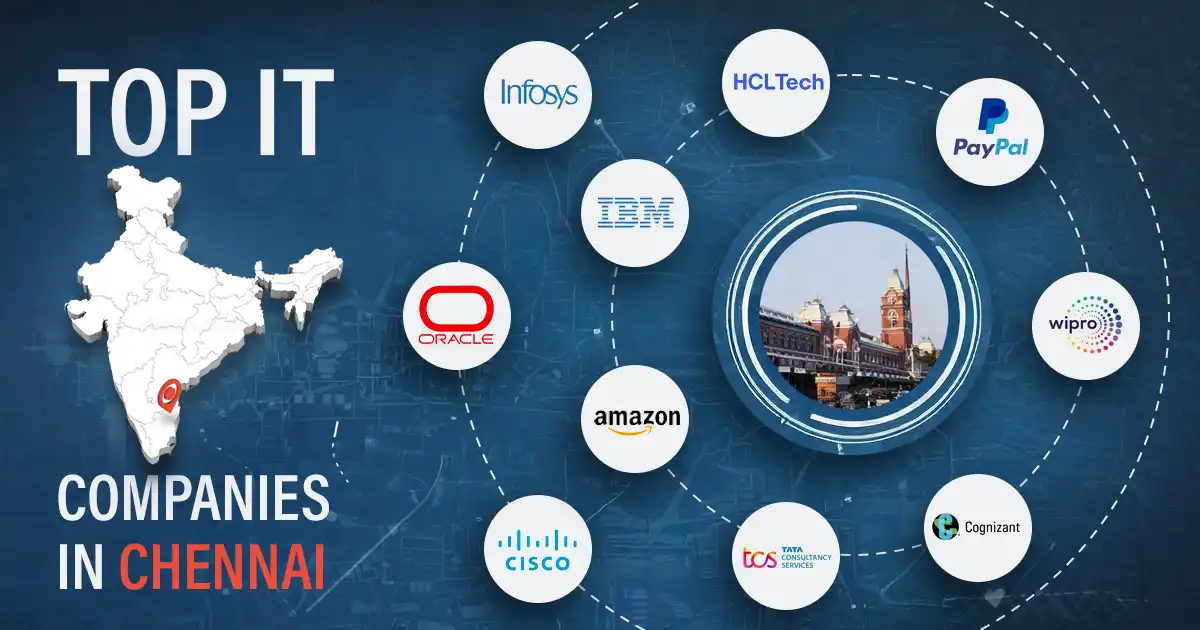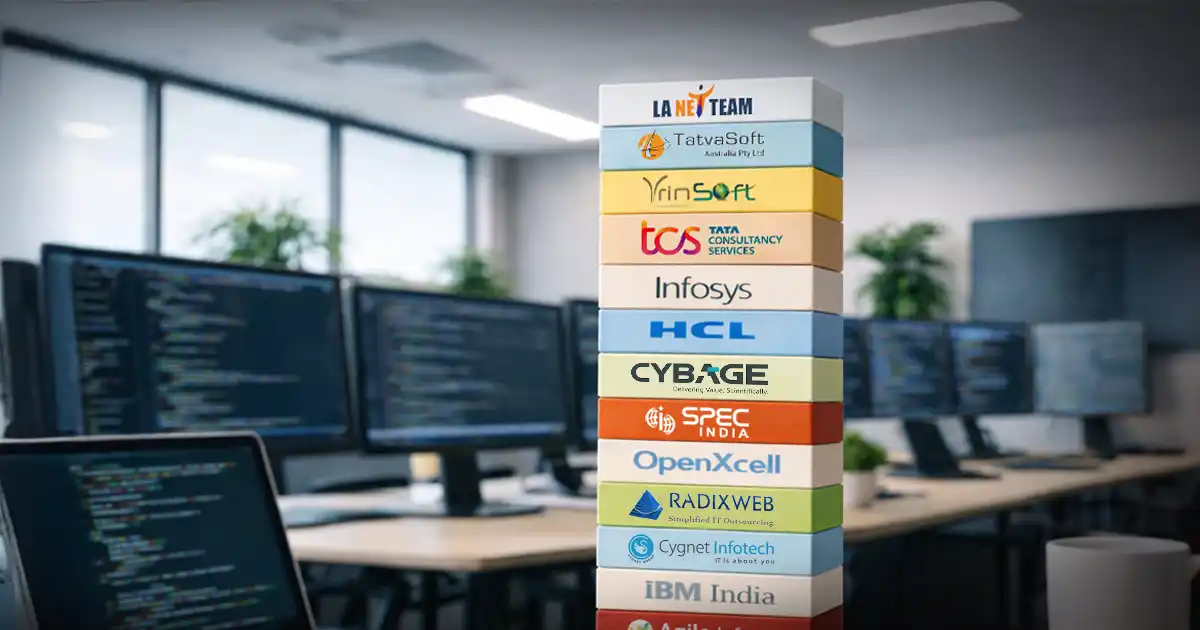
Can a Sole Proprietorship Apply for MSME Registration?
In the bustling landscape of Indian entrepreneurship, Sole Proprietorships stand as a testament to individual drive and ambition. However, navigating the complexities of business growth requires strategic foresight. One powerful tool that often goes underutilized in business registration is MSME Registration.
Can a Sole Proprietorship apply for MSME Registration? Absolutely! This registration unlocks a treasure trove of government schemes, financial benefits, and growth opportunities.
If you’re a Sole Proprietor seeking to formalize your business and amplify your reach, you’re in the right place. Let’s dive into how registering your MSME can be a game-changer for your business.
What is MSME Registration?
MSME Registration (MSME) is a form of business registration that officially classifies your business under the Micro, Small, or Medium Enterprises categories. It is essentially a certification provided by the Government of India that acknowledges the business as part of these categories.
Having your MSME registered opens access to a wide range of government schemes, funding options, and tax benefits. The registration is necessary for any business, including Sole Proprietorships, to avail of benefits such as subsidies, lower interest rates on loans, and easier access to credit.
Example: The MUDRA Loan scheme provides financial support to micro and small businesses, enabling them to grow and expand their operations.
Read: Exploring MSMEs and Their Importance
Types of MSMEs (Micro, Small, Medium)
MSMEs are divided into three categories:
- Micro: Businesses with an annual turnover of up to ₹5 Crores. For instance, a small handicraft business producing handmade jewellery might fall under this category if its turnover is within the limit.
- Small: Businesses with an annual turnover between ₹5 Crores and ₹75 Crores. A small-scale manufacturing business, such as a local textile unit, could qualify here.
- Medium: Businesses with an annual turnover between ₹75 Crores and ₹250 Crores. For example, a larger manufacturing plant producing electronic goods could fall under this category.
Each of these categories is eligible for different government incentives, making it crucial for businesses to register as MSMEs to take advantage of these benefits.
Eligibility Criteria for MSME Registration
To apply for MSME, businesses must meet certain criteria, including turnover limits and valid business registration details, especially for Sole Proprietorships. The individual owner must also be registered under their name.
General Criteria for MSMEs
- For Micro Enterprises: Investment up to ₹1 Crore and annual turnover up to ₹5 Crores.
- For Small Enterprises: Investment up to ₹10 Crores and annual turnover up to ₹75 Crores.
- For Medium Enterprises: Investment up to ₹50 Crores and annual turnover up to ₹250 Crores.
Can a Sole Proprietorship Apply for MSME Registration?
Yes! A Sole Proprietorship can apply for MSME Registration making it a key part of business registration and unlocking several business benefits.. In fact, registering your MSME is a smart decision for business owners who want to formalize their operations.
Example: a Sole Proprietor running a small manufacturing unit or a service provider offering local services can apply for MSME Registration to avail of government benefits, financial assistance, and networking opportunities.
Eligibility for Sole Proprietorships
For Sole Proprietors, the process involves submitting details about the business, its turnover, and investments. The owner will also need to submit proof of their business operations, like bank statements, tax returns, and other financial documents.
Benefits of MSME Registration for Sole Proprietors
Business registration as an MSME provides several advantages:
- Access to Government Schemes: MSMEs can benefit from several government schemes such as subsidies, tax exemptions, and easier access to credit. For example, under the Credit Linked Capital Subsidy Scheme, MSMEs can access subsidies to adopt new technology and improve their operations.
- Financial Benefits: Registration allows for tax rebates and lower interest rates on business loans. MSMEs are also eligible for quicker approvals on loans and financial assistance.
- Better Marketing and Networking: With MSME status, Sole Proprietors can gain credibility and trust, enabling them to expand their customer base. This is particularly beneficial for businesses in highly competitive sectors like retail and consulting.
Read Blog: Benefits and Process of MSME Registration
Financial Benefits
By registering their MSME, Sole Proprietors gain access to lower interest rates, tax rebates, and easy credit facilities. The government provides special benefits for MSMEs, such as:
- Income Tax Exemptions: MSMEs can avail themselves of tax rebates on income. For instance, businesses in the micro or small category can claim deductions on capital investments and machinery purchases.
- Priority Lending: Banks tend to offer easier loans to MSMEs with favourable terms. Sole Proprietors with MSME status can often secure loans with less paperwork and at reduced interest rates.
Example: A Sole Proprietor running a small IT services company could easily avail loans to buy new equipment or expand the business operations due to the benefits available to an MSME.
Government Schemes and Subsidies
Various government schemes are available for MSMEs. These schemes provide financial aid, marketing support, and even technology upgrades. Some schemes include:
- MUDRA Loans: These loans are aimed at providing financial assistance to small businesses, including Sole Proprietorships. The MUDRA Loan scheme offers funding for starting and expanding businesses at very low interest rates.
- Credit Linked Capital Subsidy Scheme: This scheme helps MSMEs adopt technology by providing financial assistance for the purchase of machinery and equipment.
- Stand-Up India Scheme: This initiative is targeted at supporting women and SC/ST entrepreneurs, offering financial aid for setting up new businesses.
By completing business registration as an MSME, your Sole Proprietorship can qualify for these benefits and gain access to these schemes.
Learn More: MSME Loan Scheme 2025 for Small Businesses in India

Tax Benefits and Easy Access to Credit
With MSME business registration, Sole Proprietorships can benefit from:
- Lower Tax Rates: MSMEs often enjoy reduced tax burdens. For example, micro-enterprises can benefit from Section 80-IB of the Income Tax Act, which allows tax deductions on profits for small businesses.
- Government Credit Lines: Special credit lines are available for MSMEs, making it easier to secure funds for expansion. For instance, SIDBI offers various loan products specifically designed for MSMEs at favourable interest rates.
Documents Required for MSME Registration as a Sole Proprietorship
To register an MSME, the Sole Proprietor must submit specific documents:
- Aadhar Card: The primary identification proof of the proprietor.
- Business Address Proof: Rent agreement or utility bills.
- Bank Account Details: A copy of the bank passbook or statement.
- GST Number (if applicable).
These documents are essential for verifying the identity of the business and the Sole Proprietor.
Step-by-Step Guide for MSME Registration for Sole Proprietorship
Follow these steps to complete your business registration through MSME, ensuring you have all the required documents and details ready.
Online Application Process
The process can be completed online through the Udyam Registration Portal. Here’s how you can do it:
- Visit the Udyam Portal: Go to the official Udyam portal.
- Enter Personal and Business Details: Fill in the required details like business type, address, and bank details.
- Upload Documents: Upload necessary documents like the Aadhar card, business address, and bank details.
- Submit Application: Complete the registration and get your MSME certificate.
How MSME Registration Can Help Your Sole Proprietorship Grow
Registering as an MSME helps your Sole Proprietorship grow by providing access to financial aid, government schemes, and tax benefits. You’ll be able to scale your operations and enjoy faster growth. In India, especially, the MSME Sector has a lot of potential and prospects.
Example: It can help small manufacturers or service providers get government contracts that are often available only to registered businesses.
Don’t just dream of growth—grab it! Let RegisterKaro turn MSME Registration into your business’s superpower!!
Ending Note
In conclusion, MSME Registration is a vital tool for Sole Proprietors to grow their business. With access to financial benefits, government schemes, and a host of other advantages, business registration as an MSME can help you take your proprietorship to the next level. If you’re a Sole Proprietor, don’t miss out on the numerous benefits available to you.
Contact us today at RegisterKaro for assistance with your MSME Registration and unlock the benefits for your business!
Frequently Asked Questions
Registering your MSME is not mandatory for a Sole Proprietorship, but it provides significant MSME benefits, including government schemes, financial aid, and tax exemptions.




